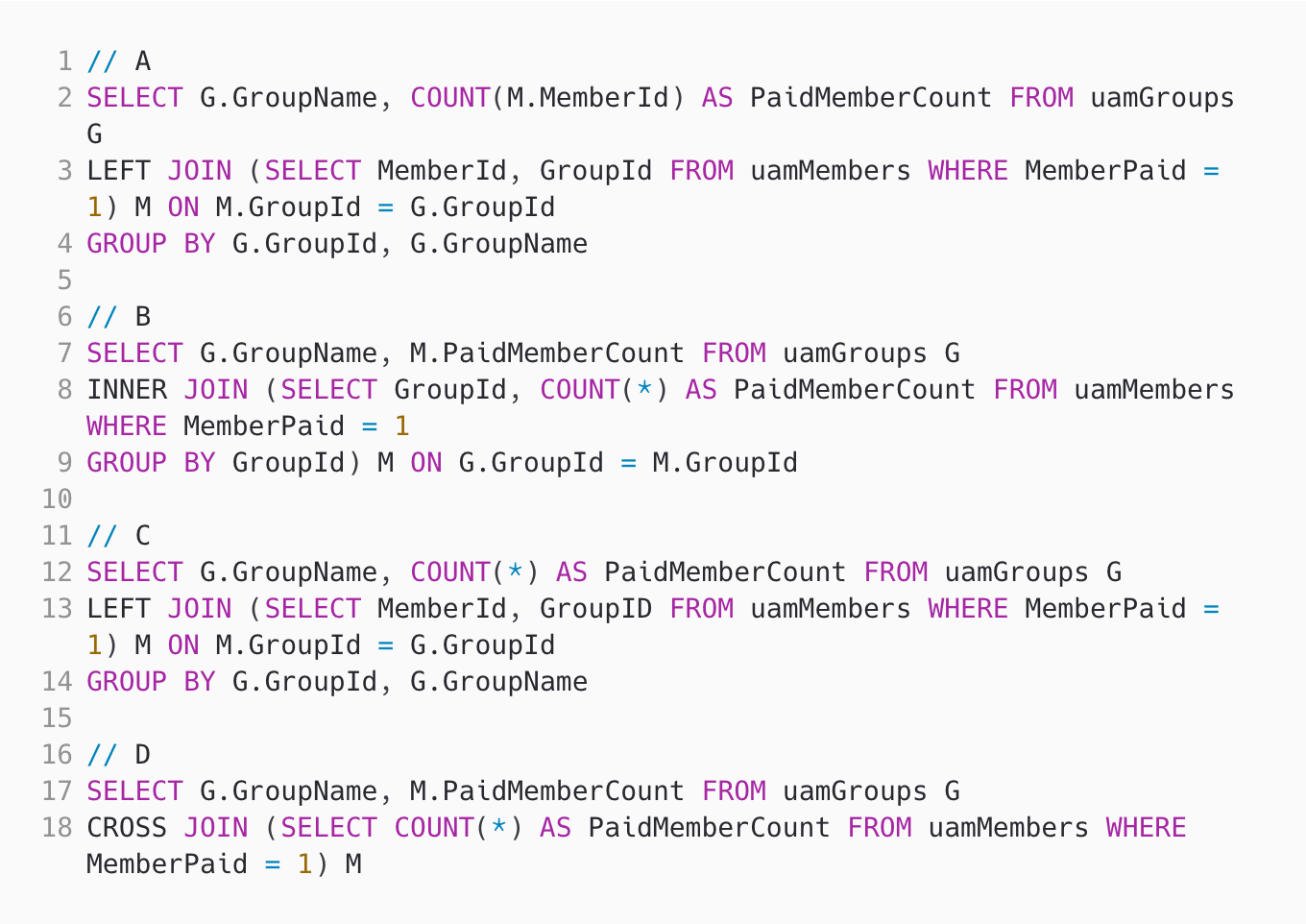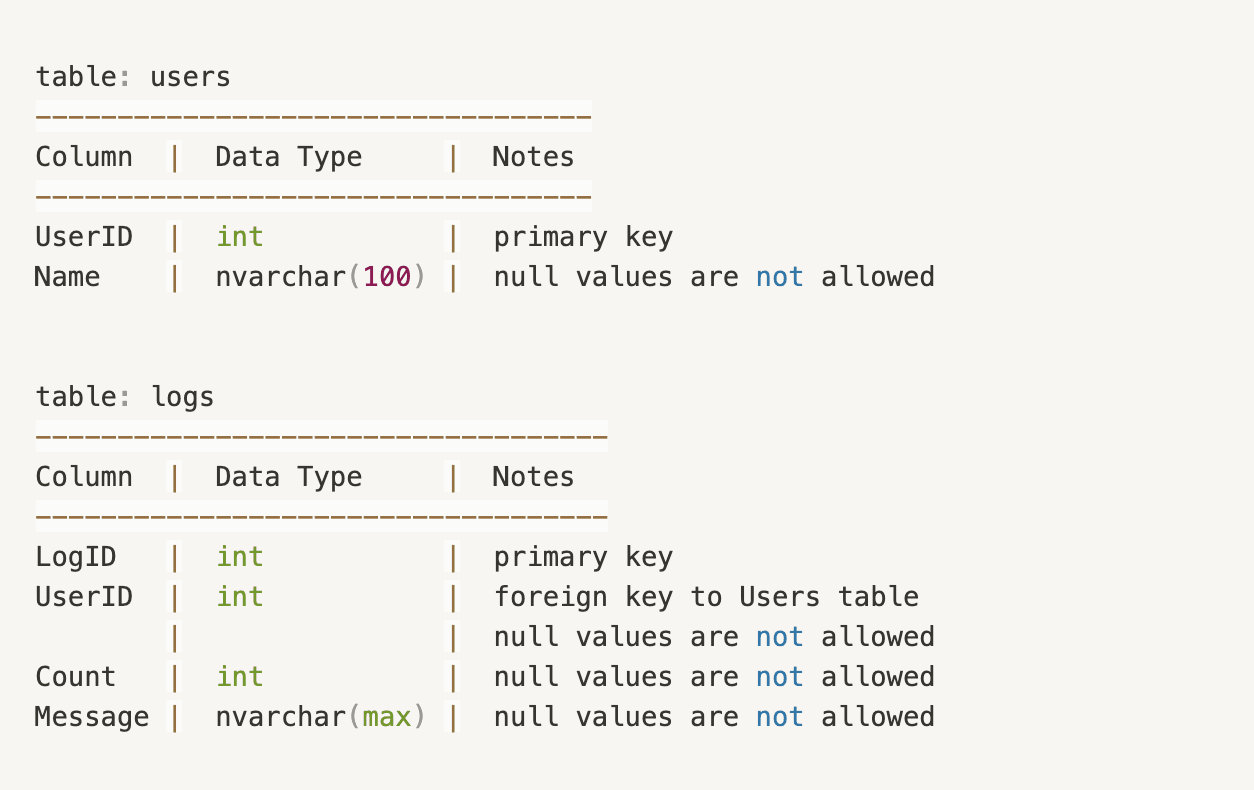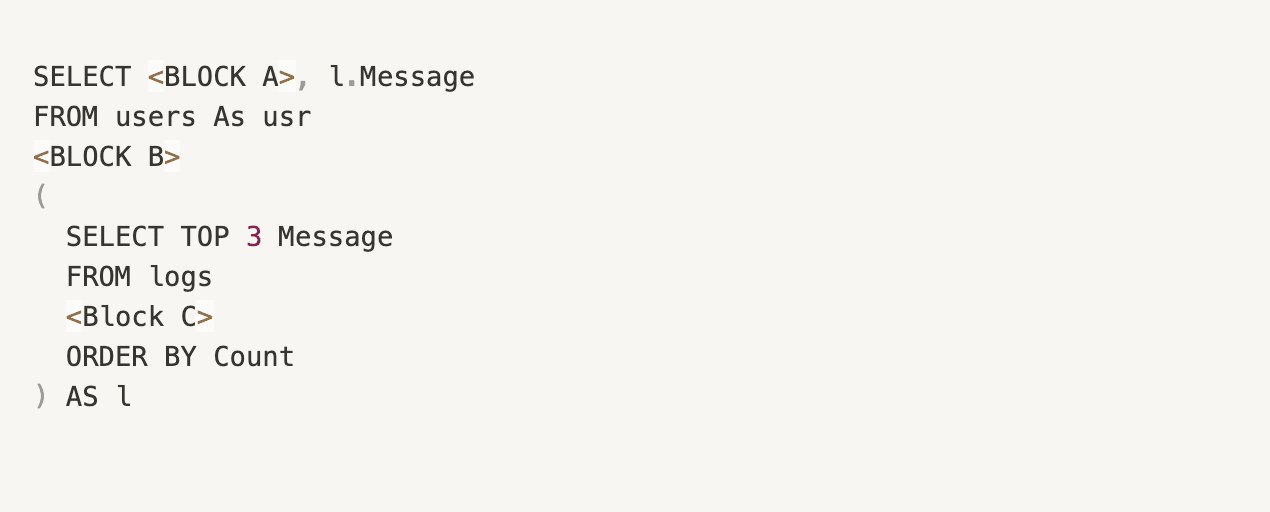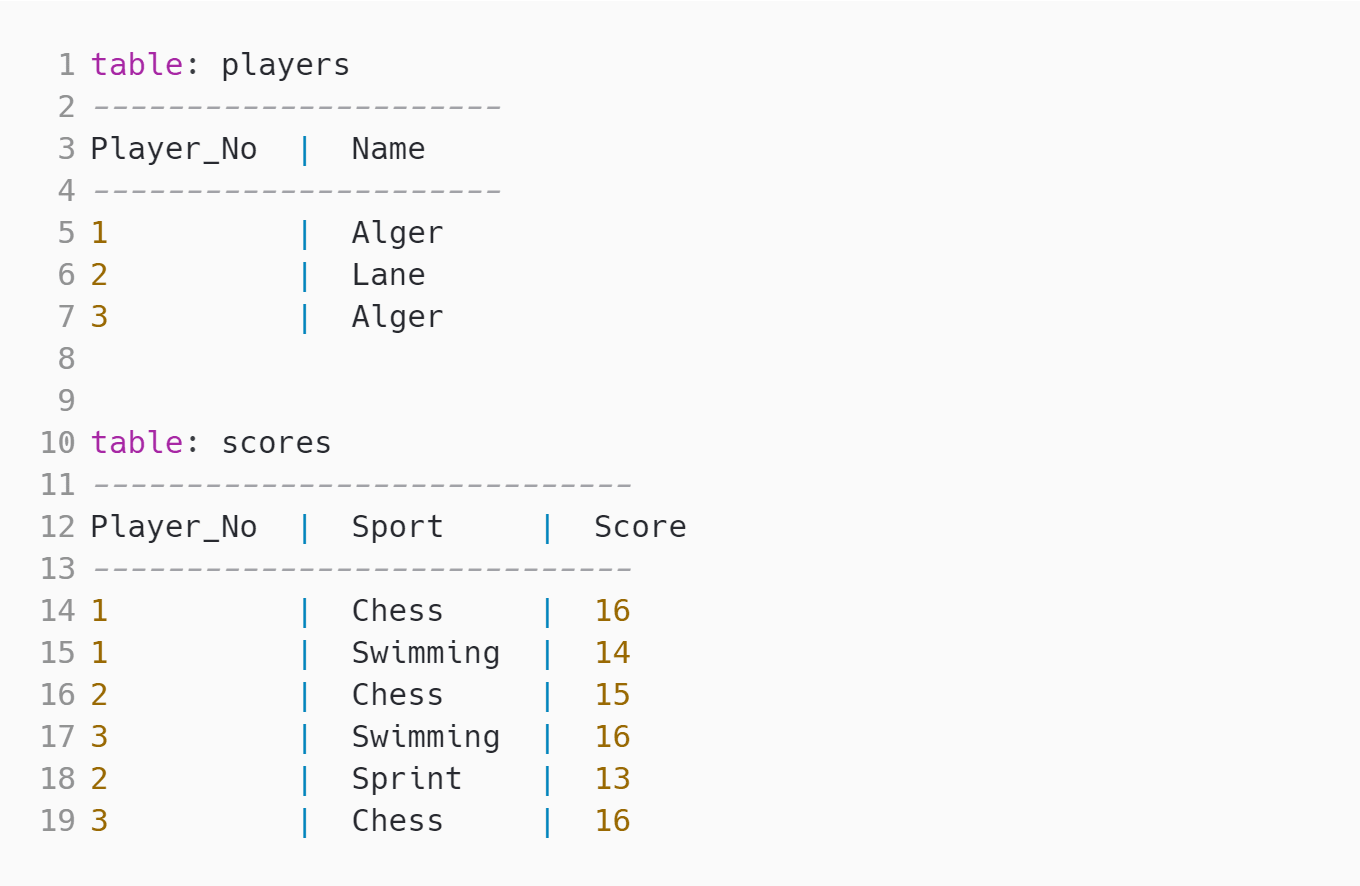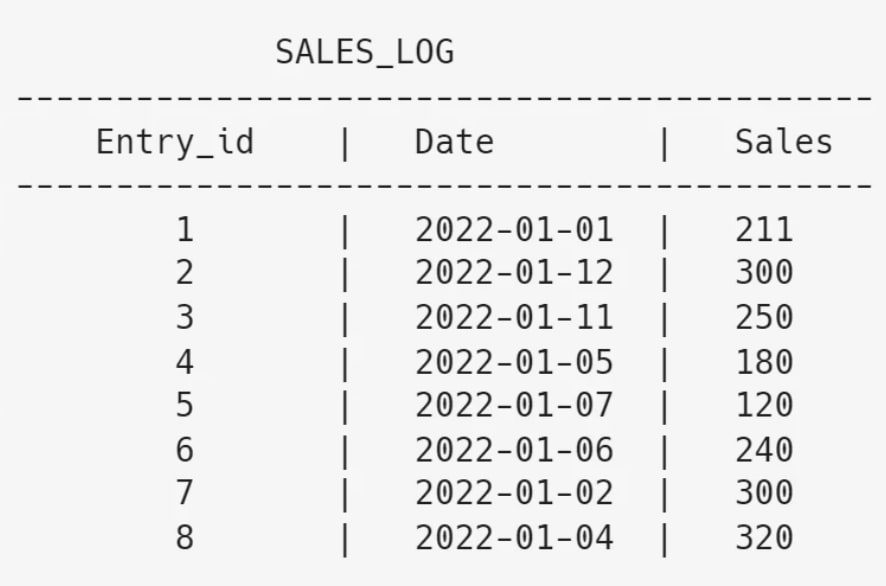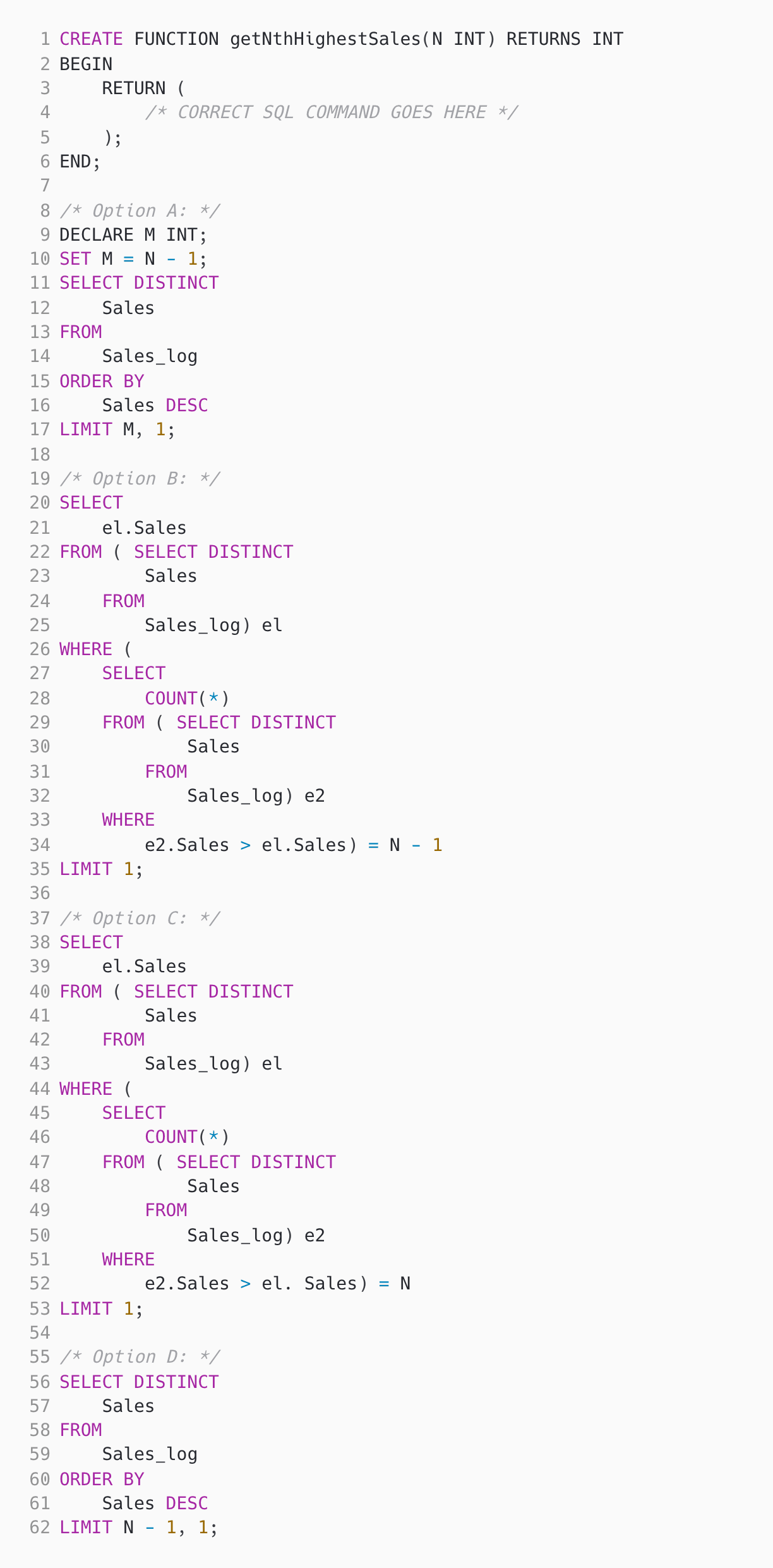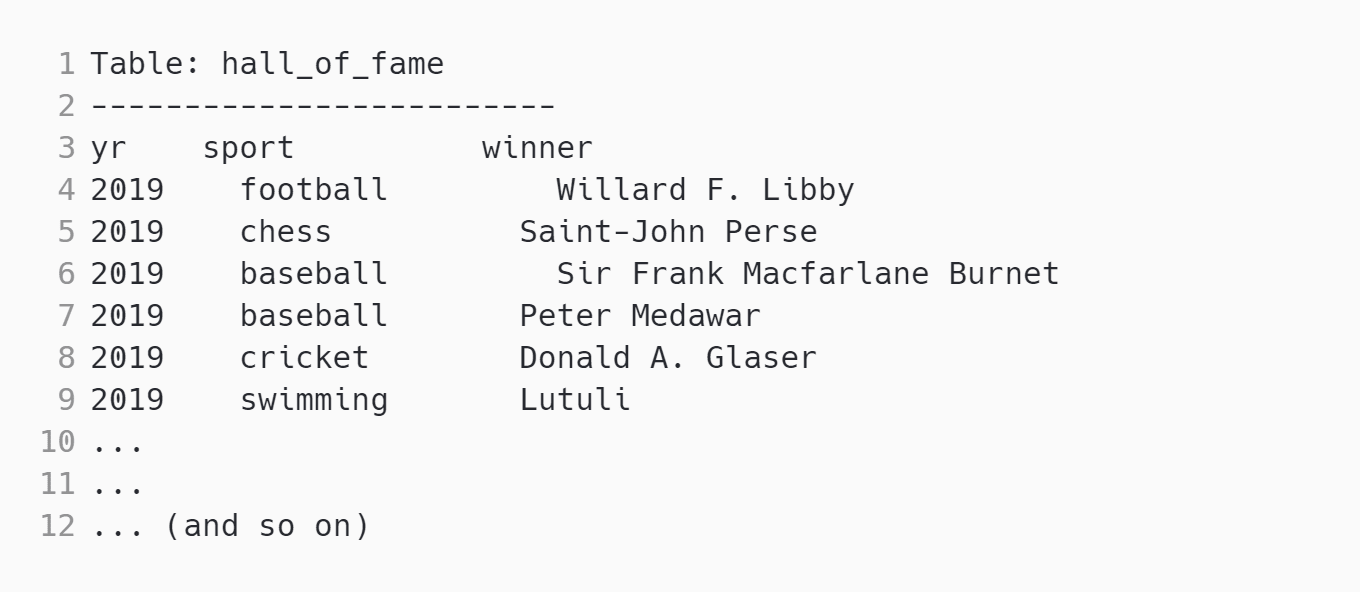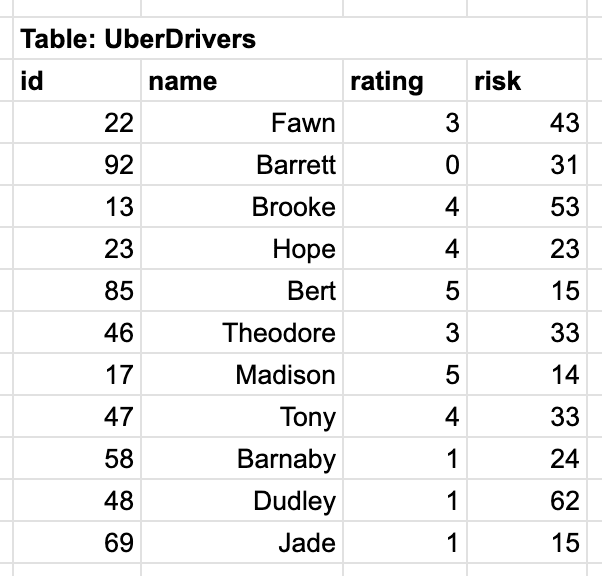SQL queries: SQL queries are statements used to retrieve data from a database. They are crucial for extracting specific information and performing operations on the database, such as filtering, sorting, and aggregating data. Measuring this skill in the test ensures candidates have a strong understanding of SQL syntax and the ability to write efficient queries.
Database design: Database design involves creating the structure and organization of a database, including tables, relationships, and constraints. It is essential to assess this skill to determine if candidates can design efficient and scalable databases that meet business requirements.
Normalization: Normalization is the process of organizing data in a database to eliminate redundancy and improve data integrity. Evaluating this skill helps identify candidates who can design databases that are properly normalized, reducing data duplication and improving data consistency.
Indexes: Indexes are database structures that improve query performance by enabling faster data retrieval. Measuring this skill ensures candidates understand the importance of choosing and creating appropriate indexes to optimize query execution.
Joins: Joins are used to combine data from multiple tables based on related columns. This skill is crucial for candidates to demonstrate proficiency in writing join statements and efficiently retrieving data from multiple tables.
Subqueries: Subqueries are nested queries within a SQL statement. Assessing this skill helps identify candidates who can write complex queries and leverage subqueries to retrieve data from multiple levels and achieve desired results.
Views: Views are virtual tables created from the result of a query. Measuring this skill ensures candidates can create, modify, and use views effectively to simplify complex queries, enhance data security, and improve query performance.
Stored procedures: Stored procedures are precompiled SQL code stored in a database, providing a way to execute complex operations. Evaluating this skill helps determine if candidates can design and write efficient stored procedures for implementing complex business logic in the database.
Triggers: Triggers are special types of stored procedures that are automatically executed in response to specific events, such as INSERT, UPDATE, or DELETE operations. This skill assessment helps identify candidates who can design and utilize triggers to enforce data integrity, implement validations, or automate certain database actions.
Transactions: Transactions are logical units of work that consist of multiple database operations, ensuring data consistency and reliability. Evaluating this skill helps determine if candidates understand the concept of transactions and can effectively manage them to maintain data integrity.
Performance tuning: Performance tuning involves optimizing the performance of a database by adjusting configurations, indexes, queries, and other factors. Assessing this skill helps identify candidates who can analyze and improve the performance of a database in terms of query speed, resource utilization, and overall efficiency.
Data manipulation: Data manipulation involves modifying the contents of a database using INSERT, UPDATE, DELETE, and similar operations. Measuring this skill ensures candidates can effectively manipulate data in a database, ensuring accurate and efficient data updates and modifications.
Data definition: Data definition involves defining the structure, organization, and attributes of data in a database using CREATE, ALTER, and DROP statements. Evaluating this skill helps determine if candidates can accurately define database objects, such as tables, columns, constraints, and indexes.




















